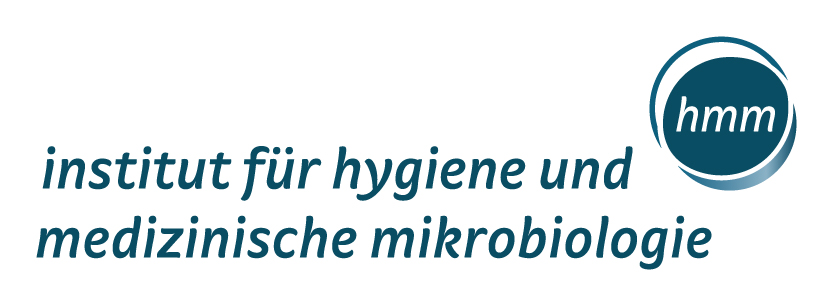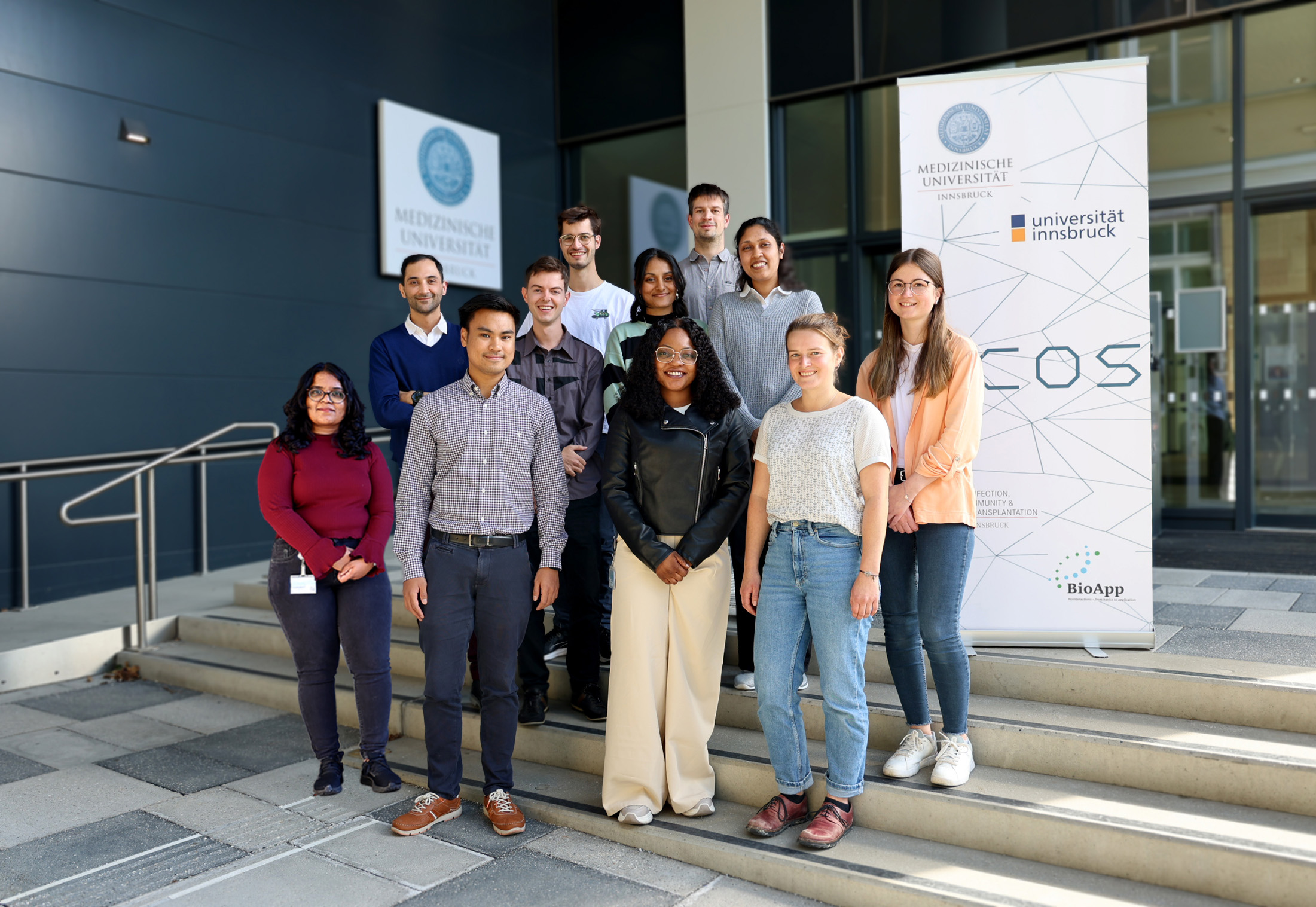Research Questions/Hypotheses
(i) Co-expression of SDMs with a cognate CPR significantly improves SDM function and enables in vitro enzyme assay. (ii) Recombinant proteins are functionally expressed and correctly localized in the heterologous S. cerevisiae host. (iii) Medical azoles and agrochemical azole fungicides can be made less toxic for human liver drug metabolizing enzymes. (iv) Mid-length and long-tailed azoles bind more strongly to fungal SDMs than short-tailed azoles. (v) BOMCC-based in vitro assays will improve robustness and add value during high throughput drug screening.
Approach/Methods
The PhDC will be trained in yeast transformation, genetic engineering, phenotypic and molecular profiling of azole resistance, protein chemistry and enzyme kinetic assays for the evaluation of protein binding properties and the toxicity of azoles. The project has two major parts: (i) Improve the S. cerevisiae model and expand the GMO library and (ii) develop a novel drug screening assay.







